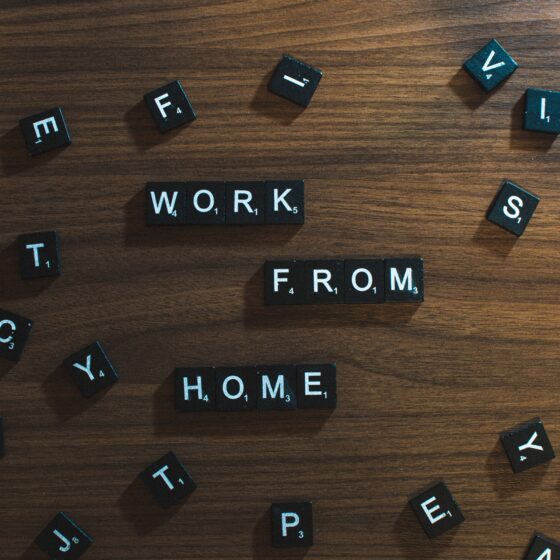Growing up, it was really hard to understand why my mom would be home every now and again for weeks or months at a time after my dad got injured and couldn’t work anymore. It was really weird having two parents at home when one had always been at work for most of my life, especially since my dad used to be gone for months at a time while working as a car hauler across the country.
My mother and I both suffer from depression, but I never understood how she could take weeks off of work to stay in bed when she had to support myself and my siblings. I know firsthand how hard it is to deal with depression and my parents always pushed me to work through it so it never made sense that she took so much time off.
I’ve been at the same job for the past four years, stuck in the same position, and never taking time off unless I have to. I’m overworked and underpaid, and after only four years of working, I finally understand. Working somewhere that you don’t love is hard. So incredibly hard. Add to that a mental illness, and you’re looking at something that feels impossible to do. It’s hard to stay positive when your brain tells you that you’re miserable.
In school, it’s always frowned upon to miss a day. Teachers get upset because then you’re behind, and the school is upset that the student is absent. For work, many places frown upon calling off and can have serious repercussions if done a lot, so it’s hard to decide if you should take the day off for a mental break or wait until you really need it off. There’s this stigma around mental illnesses in the workplace where you can’t be open and honest. I can never imagine telling my manager that one bad day at work makes me want to stay in bed for a month and not get up for anything.
Personal health days should be more acceptable and talked about. In so many jobs, especially minimum wage jobs or high-stress jobs, an employee should be able to say “I need to take a break” and have the day off to do whatever they need to do to feel good again. For those that have a full-time job and a family, or mental illness, or school, it needs to be more acceptable to ask for a day off when you’re burnt out. Without a break, especially in a workspace that you hate but need, you end up like my strong mother who broke because she tried to do what needed to be done without breathing and relaxing.
It took my mother quite a few jobs and an insane amount of personal health days, happily encouraged by her therapist, to find a job that she loves and doesn’t need so many breaks from. Not everyone has that, not everyone will.
For students who work full time, like me, it’s scary to ask for a day off because the times we do, we get scolded. Our bosses claim that it’s last-minute or we’re messing with the schedule to fit our personal needs too much. Then we feel regretful and fearful that if it happens again, we might be reprimanded or fired, so we don’t ask.
In 2017, the California Supreme Court ruled that employees are required to rest one day within a week. In the article California Supreme Court Clarifies ‘Day of Rest’ Law for Employers, Liza Piazza points out how employers could technically schedule an employee up to 13 days in a row, as long as they have at least one day off during each weekly period. Maybe this doesn’t sound too terrible, but it’s honestly quite insane, especially if someone is working a full 8 hours or more each of those days.
Feeling overworked and underpaid can be tiresome and mentally draining; nobody should have to go through that. If being mentally exhausted was more talked about within the workplace, asking for a personal day off wouldn’t be so terrifying. Going into work wouldn’t be so dreaded. It shouldn’t be.

I should be able to ask for a day off just to sleep for 24 hours or stay in bed and do absolutely nothing but watch television. Everyone should be able to take a day to breathe and do something that relaxes them and puts their mind at ease. I’m not saying we should be able to ask for the next day off after a bad day, or that every time someone has a bad day they need a whole day to recuperate, but I am saying that I shouldn’t have to request 21 days in advance for a personal day to just relax.






